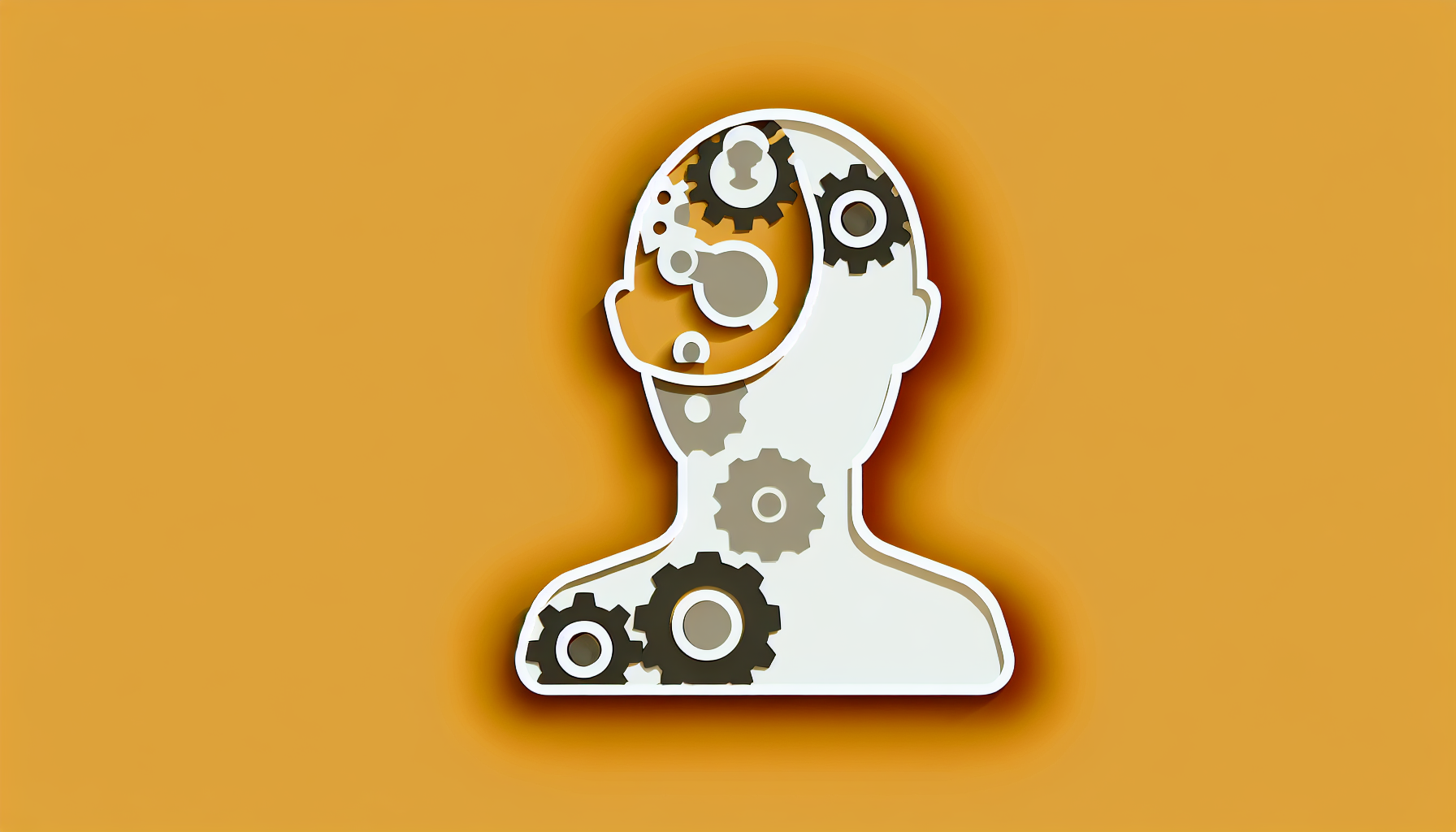In the realm of technological advancement, artificial intelligence (AI) often garners attention similar to a new celebrity in the ever-spinning tabloids of our imagination. We ponder its motives, speculate on its potential, and question its impact on our lives with a fervor once reserved for lesser-known phenomena like world peace or whether pineapple belongs on pizza. But the pressing question of today’s digital age demands more serious contemplation: does AI enhance or dilute human identity?
AI: The Mirror or the Makeover?
At its very essence, AI can act either as a faithful reflector of human capability or as a transformative makeover that modifies what it means to be human. Much like a mirror in a funhouse, AI reflects the extraordinary capacities and the erratic quirks of humankind. It learns from us, absorbs what we teach it, and sometimes surprises us by doing things just a little bit differently—like adding paprika to chocolate cake. As an enhancer, AI can magnify our best traits, allowing us to solve more complex problems, augmenting our intelligence, and expanding creative boundaries. Yet, it also retains the inconvenient power to exaggerate our flaws if we aren’t careful architects of its learning.
On the other hand, as a makeover tool, AI has the potential to alter our identities more drastically. It can redefine roles traditionally occupied by humans, such as the roles of artists, decision-makers, and even companions. In doing so, AI can blur the lines between human capabilities and machine autonomy, challenging our conventional perceptions of identity.
Identity in Collaboration with AI
Identity is not a static phenomenon; it is a fluid interplay of our individual experiences, influences, and external interactions. In this dance, AI has become a surprisingly competent partner, influencing everything from the way we communicate to the way we comprehend our place in the world. If AI were a dance partner, it would be the one whispering just the right moves at just the right time—assuming, of course, it doesn’t have two left feet due to a software glitch.
The potential for AI to enhance our identity lies not in replacing us but in collaborating with us. Consider artists using AI technology to generate new art forms or scientists leveraging AI to accelerate discoveries. Here, AI acts as a catalyst that enables deeper self-expression and more substantial achievements. In essence, AI can serve as an extension of our own capabilities, offering a kind of superpower that retains a distinctive human fingerprint. But as any superhero would tell you, with great power comes the possibility of sidekicks overshadowing the main act.
Could AI Dilute the Human Essence?
Of course, there’s the possibility that AI could dilute the very essence that makes us human. By outsourcing decision-making, creativity, or even the simple act of remembering phone numbers, we may risk a gradual shift in the core aspects of human identity. If left unchecked, this could lead to a society where human creativity wanes, reduced to a passive role in the wake of algorithmic efficiency and automation.
Consider, for a moment, a future where AI writes our poetry, composes our music, and arguably tells better jokes (we can all agree some humans could use help in that department). Might we then lose what makes human expression unique? The concern here is that we could become content consumers rather than content creators, spectators rather than actors, with AI steering the ship of identity while we lounge on the deck, sipping the metaphorical piña colada provided by our trusty digital bartenders.
Choosing the Narrative
The future impact of AI on human identity is not fixed; it is being written in real-time, punctuated by our choices and practices. By consciously deciding how we integrate AI into our personal and professional spheres, we play a pivotal role in writing this narrative. The question is not whether AI can enhance or dilute our identity; it is whether we, as a society, can use AI to reinforce the best of what it means to be human.
Envision using AI as a tool to complement human uniqueness rather than compete with it. Much like the way a chef uses specialized equipment to enhance flavors while keeping the essence of the dish intact, we can leverage AI to bring out the richest aspects of our human identity. The key lies in ensuring we remain the chefs, asserting our role as creators, explorers, and nurturers of this digital evolution.
Conclusion: AI as a Catalyst, Not a Culmination
As we continue to navigate this uncharted territory, let us remember that AI is neither the villain nor the hero in the story of human identity. It is a shapeshifter, a wildcard—capable of being both enhancer and diluter, depending on the hand that wields it. It is up to us to determine whether AI becomes the enhancer of human identity—an extension of our highest potential—or a diluter, blurring the vibrant lines of humanity’s uniqueness.
Thus, as we embrace the dawn of AI, let’s dance with it, experiment, and, perhaps, sometimes let it lead—but always remember who offers the hand. After all, it would be a shame to forget the human rhythm and make AI the DJ at the party of human existence.

Leave a Reply